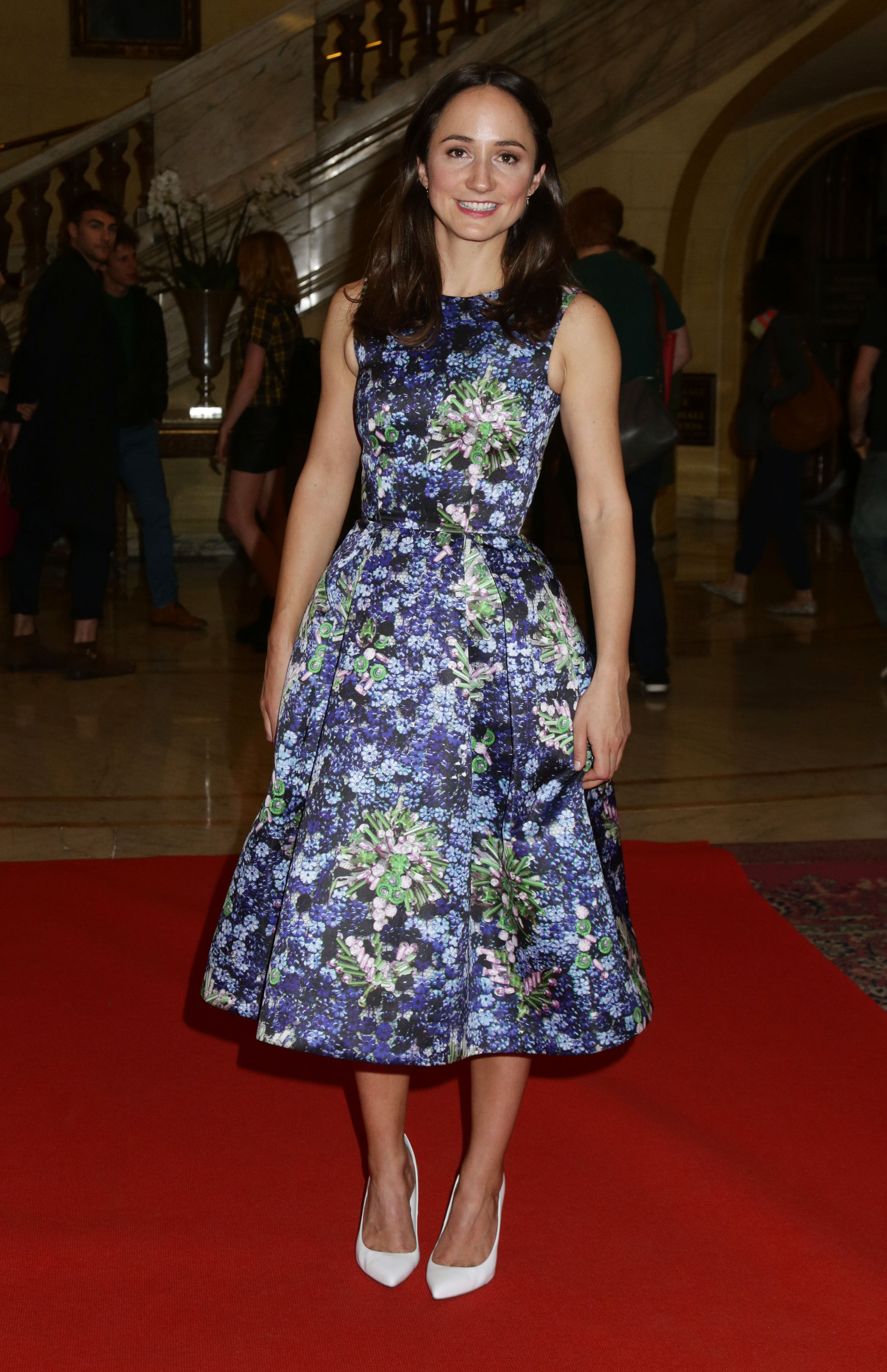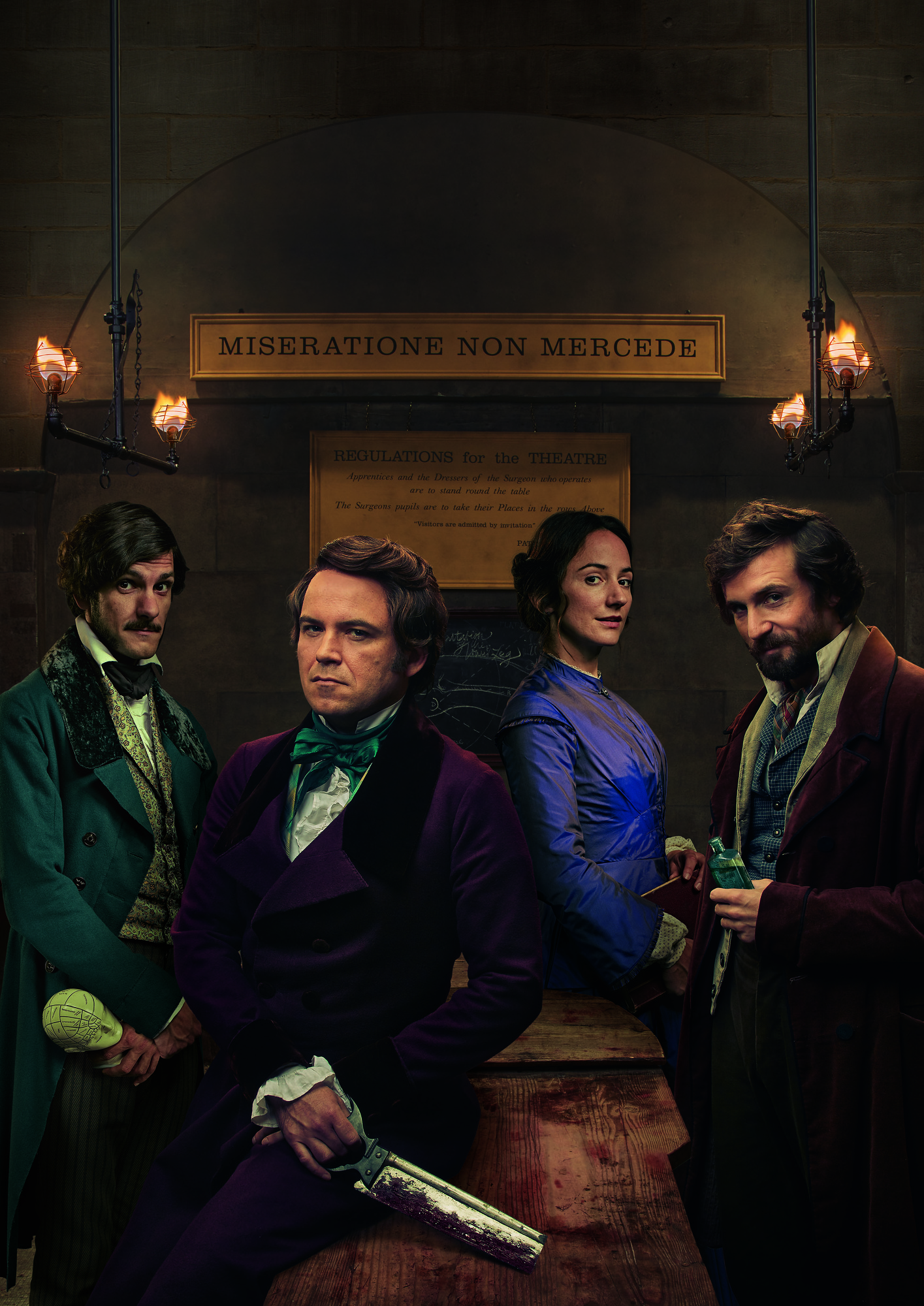
Actress Lydia Leonard has said it was unfortunate that it did not feel “particularly unusual” to be the only female lead in new BBC Two comedy series Quacks.
The Tony Award-nominated star added, though, that her role as the only woman in the main cast made her feel she was “representing” her gender on-screen.
She stars alongside Rory Kinnear, Mathew Baynton, Tom Basden, and guest stars Rupert Everett and Andrew Scott in the programme, which looks at four pioneers in the Victorian medical revolution.

Leonard, who plays Caroline, a headstrong social campaigner and the wife of surgeon Robert (Kinnear), said, of being the only female lead: “Very unfortunately it doesn’t feel particularly unusual to be surrounded by men at work.
“Which is a pity I think, but there are other fun parts for women in this.
“Florence Nightingale’s a really fun part, and Mina played by Lisa Jackson, so there are some great female roles throughout the series.”
She said: “But in terms of the leads I suppose it’s not ideal, but you feel even more that you’re representing.
“We’re all aware of that so were keen to make sure that Caroline is disagreeing or is not just a ‘wife’, and that she has a lot of her own agenda and stories.”

She said she was “really thrilled when I read the scripts,” penned by series creator James Wood.
Leonard’s Caroline is one of the four pioneers along with Kinnear, who plays showman surgeon Robert, Baynton, who plays fledgling psychiatrist William, and Basden, a dentist turned anaesthetist called John.
Leonard has appeared in TV series including Life In Squares and River and has appeared in several stage shows including Wolf Hall: Parts One and Two on Broadway, for which she received her Tony nomination for best featured actress in a play in 2015.
Quacks begins on August 15 and follows the extraordinary and daring – and often very gory – days of Victorian medical advancements.


Comments: Our rules
We want our comments to be a lively and valuable part of our community - a place where readers can debate and engage with the most important local issues. The ability to comment on our stories is a privilege, not a right, however, and that privilege may be withdrawn if it is abused or misused.
Please report any comments that break our rules.
Read the rules here